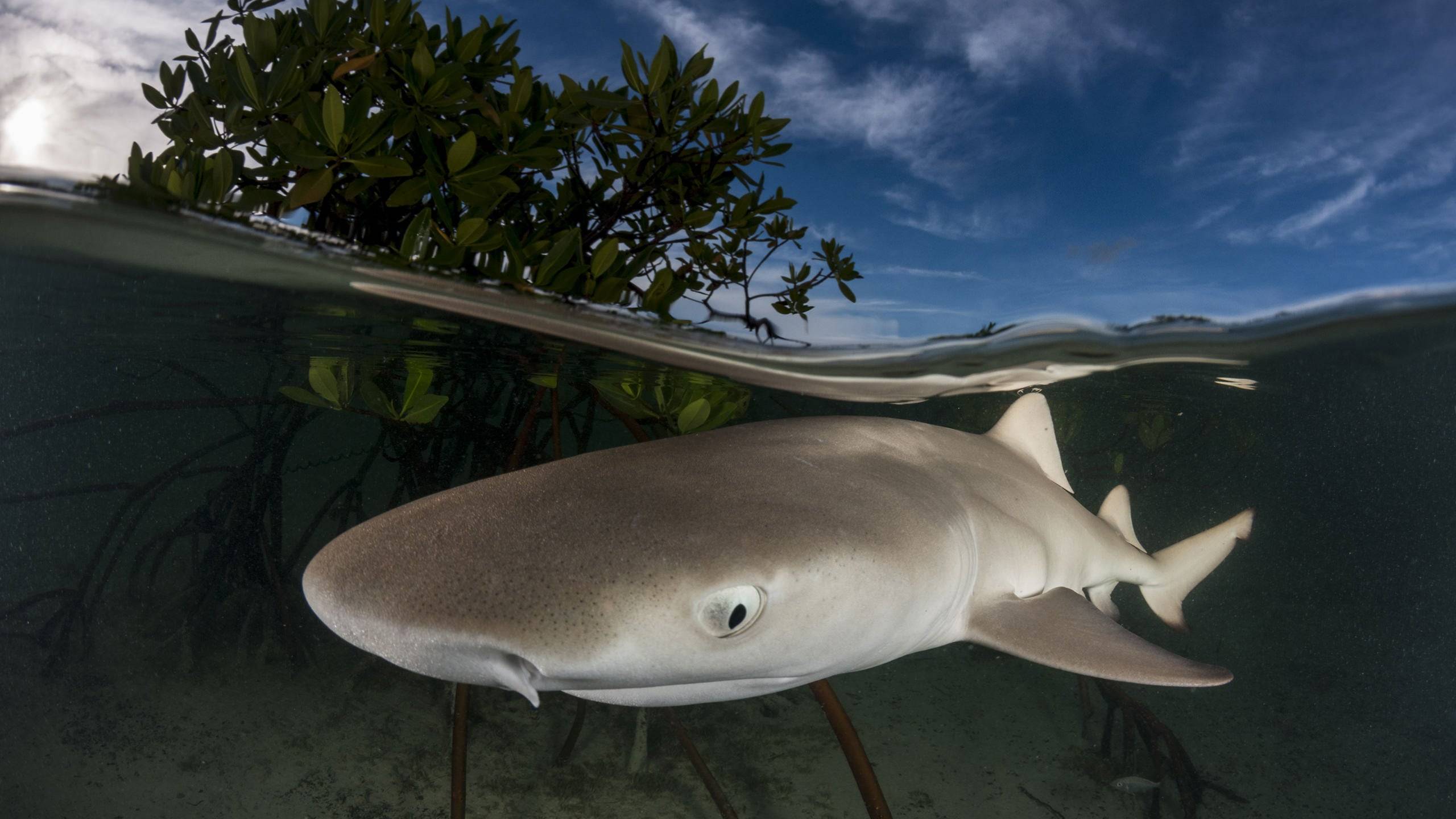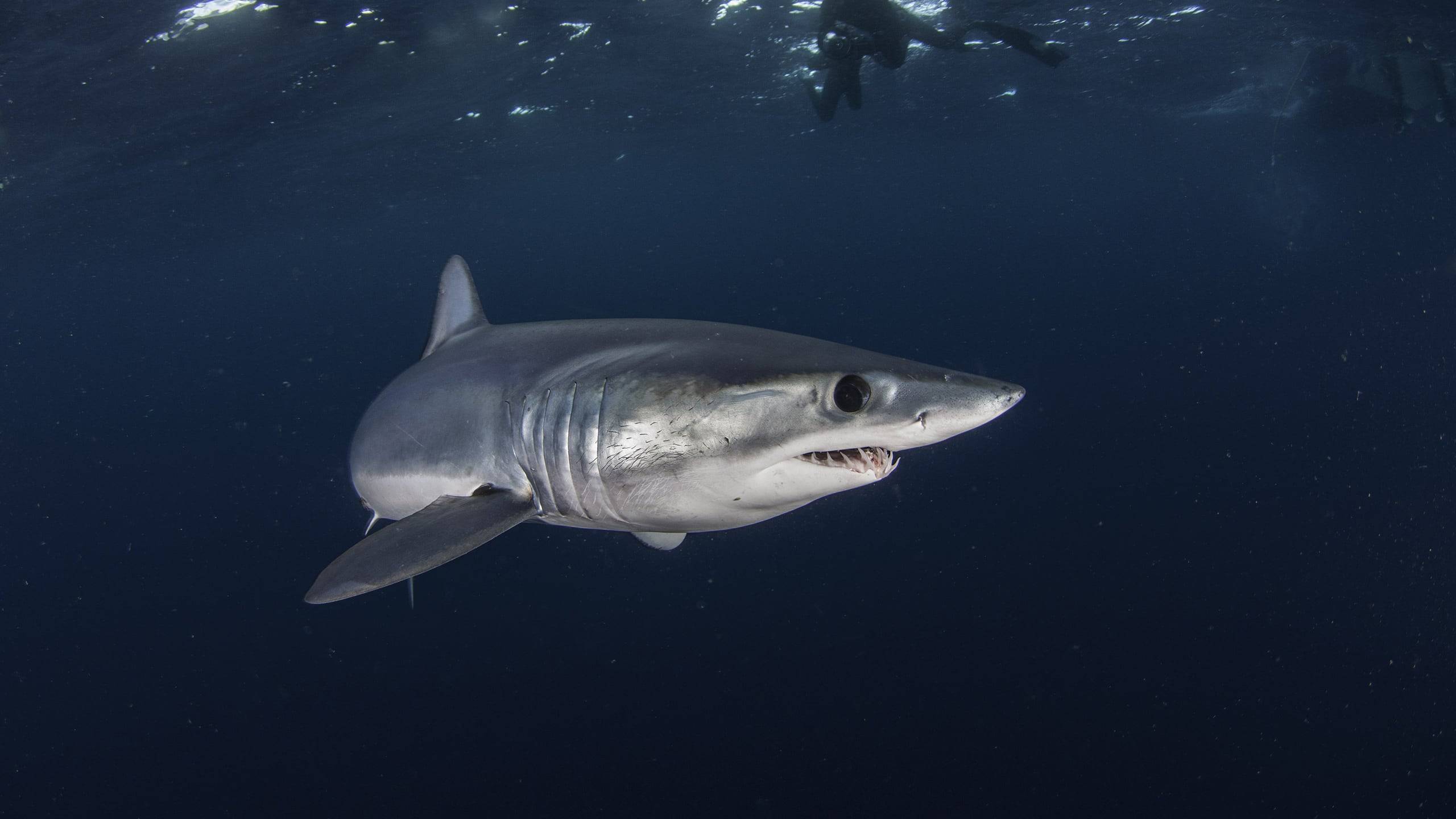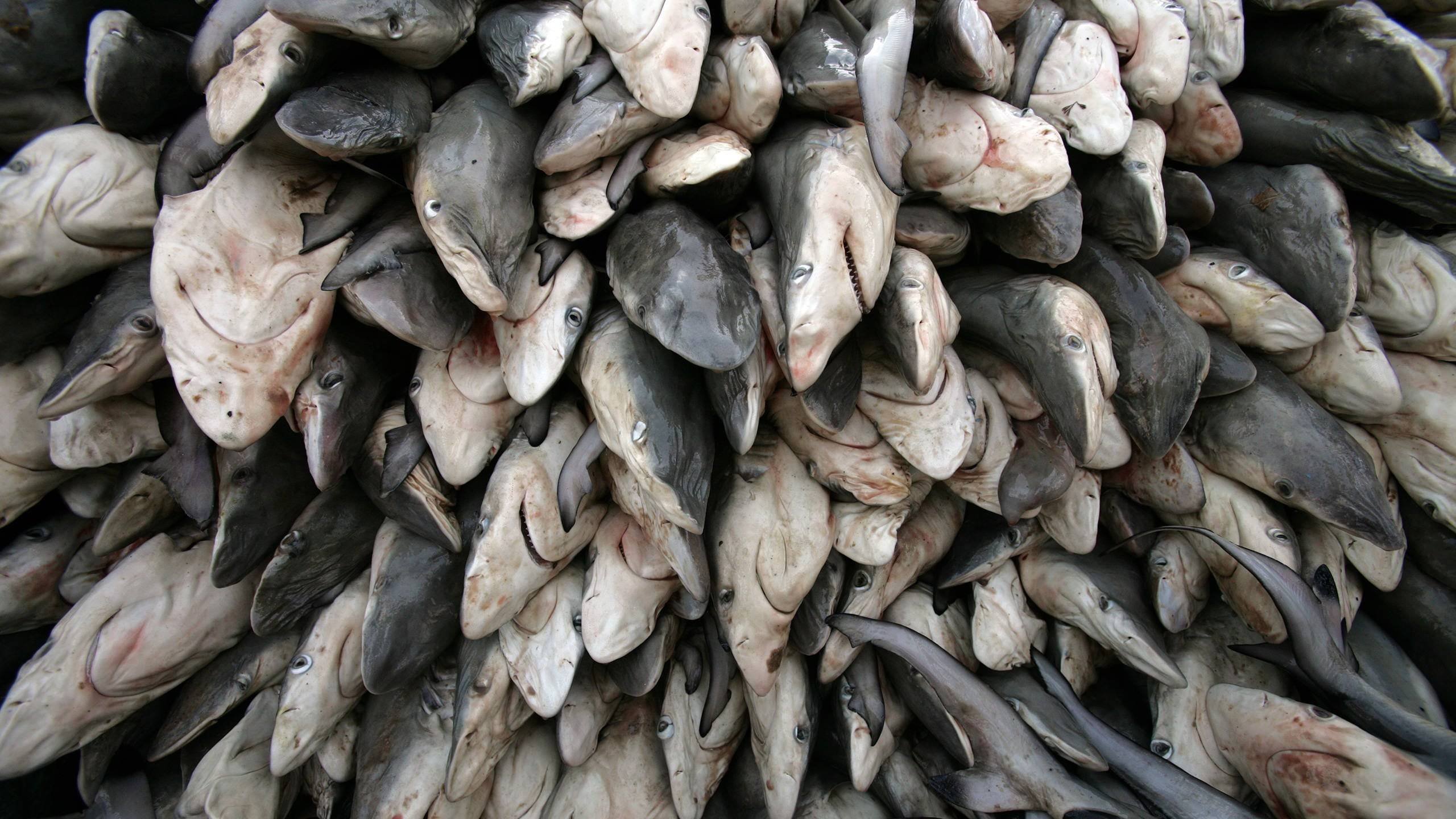Prevention of accidents
To avoid a shark accident, one should - logically - minimize the probability of encountering a shark at all. What a pity, because they are phascinating and beautiful animals. Below are some tips to reduce the risk of a shark accident. These are recommendations, there is no guarantee that despite following the recommendations, an accident cannot happen!
Below you will find a list of recommendations:
- Common sense and the correct assessment of risks are very important.
- It makes sense to draw on the experience of the local population and authorities wherever possible. They know the area and their warnings and experiences can be useful.
- In "monitored" areas, the probability of an accident involving a shark is lower than in non-monitored areas.
- If possible do not go into the water early in the morning or evening or at night, sharks are particularly active then.
- Do not venture too far into the open sea.
- As little "splashing around" as possible. When rowing / paddling / swimming with your hands and feet do it clamly.
- Like with wild animals, you are better protected in groups than alone.
- Do not feed or attract fish with food. When fish fight for prey, they produce vibrations that can attract sharks. If there is fish blood in the water, sharks expect prey and their bite threshold is reduced.
- Avoid regions of drains (sewers, etc.), which attract sharks by their smell and waste. If there are interesting smells in the water, sharks expect prey and their bite threshold is reduced.
- Be careful in regions where fishing is done commercially or sport fishing with bait, because fish blood and fish wriggling on lines attract sharks. If there is fish or other blood in the water, sharks expect prey and their bite threshold is reduced.
- Be careful in regions between sandbanks and on steep drops, that is where sharks like to be.
- Avoid murky and wild water.
- Pets like dogs tend to splash around in the water. Better leave them on the beach when you go in the water.
- Shiny, reflective, contrasting objects look like moving fish and attract sharks and also larger predators such as barracudas.
- Do not go into the water in places known for sharks. Leave the water as quickly (but calmly!) as possible when larger sharks are sighted.
- If you do encounter a large shark that shows excessive interest in you, stay calm and move calmly so that the shark's interest is not directed at you. Show the shark your full size, sharks are careful and respect the size of a human. If, in the unlikely event, a dangerous approach is made, defend yourself. Sharks are particularly sensitive to their snout, eyes and gill slits.
- There is no evidence that menstrual bleeding increases the probability of a shark accident.
Source: ISAF 2020






